Related Research Articles

Sir Wallace Edward Rowling, commonly known as Bill Rowling, was a New Zealand politician who was the 30th prime minister of New Zealand from 1974 to 1975. He held office as the leader of the Labour Party.
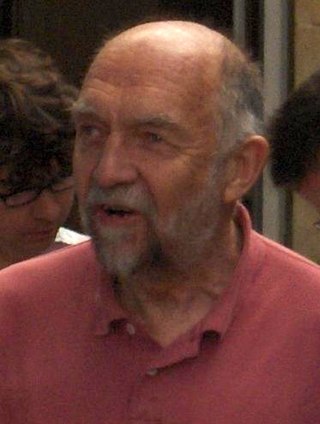
Sir Alan Peter Budd was a British economist, who was a founding member of the Bank of England's Monetary Policy Committee (MPC) in 1997.

Alan Esmond Bollard is a New Zealand economist and retired senior public servant. He was Secretary to the Treasury from 1998 to 2002, Governor of the Reserve Bank from 2002 to 2012, and executive director of the Asia Pacific Economic Cooperation (APEC) secretariat from 2013 to 2018.

Thomas Allen Monro Curnow was a New Zealand poet and journalist.
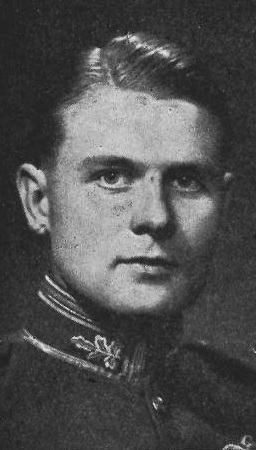
Marshal of the Royal Air Force Samuel Charles Elworthy, Baron Elworthy, was a New Zealand-born senior officer in the Royal Air Force. He served as commander of a squadron of Blenheim bombers and then as a station commander during the Second World War. He became Chief of the Air Staff in the mid-1960s and implemented the cancellation of the TSR-2 strike aircraft and the HS681 military transport aircraft programmes. He also became Chief of the Defence Staff in which role he oversaw the evacuation from Aden in November 1967 and had to respond to the growing crisis in Northern Ireland in the late 1960s.
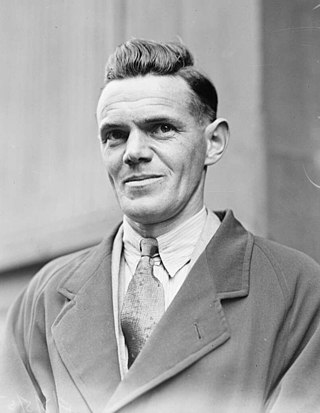
Sir Robert Alexander Falla was a New Zealand museum administrator and ornithologist.
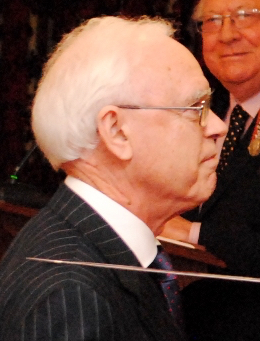
Sir Roderick Sheldon Deane is a New Zealand economist, public sector reformer, and businessman. He served as deputy governor of the Reserve Bank of New Zealand, and as CEO and chairman of the country's largest telecommunications company, Telecom New Zealand.
Sir Guy Richardson Powles was a New Zealand diplomat, the last Governor of Western Samoa and architect of Samoan independence, and New Zealand's first Ombudsman.
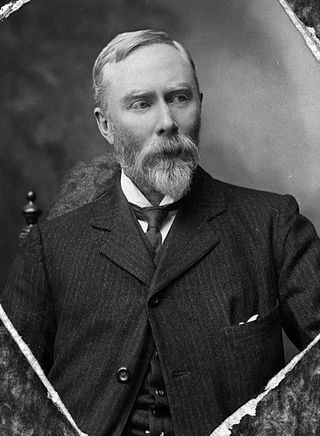
Sir Henry Francis Wigram was a New Zealand businessman, politician and aviation promoter. He is best known for his role in developing a public transport system in Christchurch and as a key player in the establishment of the Royal New Zealand Air Force.
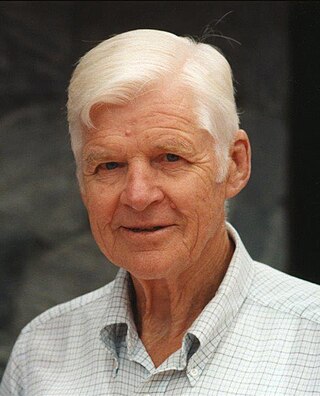
Sir Roy Allan McKenzie was a New Zealand horse breeder and racer, and was well known for his philanthropy.

Neville George Pickering was a New Zealand politician of the Labour Party.

Sir Peter Herbert Elworthy was a New Zealand farmer and businessman who came from an established South Canterbury farming family.

Sir David John Moxon is a New Zealand Anglican bishop. He was until June 2017, the Archbishop of Canterbury's Representative to the Holy See and Director of the Anglican Centre in Rome. He was previously the Bishop of Waikato in the Diocese of Waikato and Taranaki, the archbishop of the New Zealand dioceses and one of the three primates of the Anglican Church in Aotearoa, New Zealand and Polynesia. In the 2014 New Year Honours, he was appointed a Knight Companion of the New Zealand Order of Merit for services to the Anglican Church and was made Knight of the Order of St John in the 2024 Special Honours.

Sir Ivor Lloyd Morgan Richardson was an eminent New Zealand and Commonwealth jurist and legal writer and a member of the Judicial Committee of the Privy Council.
George David Lloyd White was a New Zealand diplomat and public servant, who served as New Zealand's ambassador to the United States from 1972 to 1978.

Sir Joshua Strange Williams was a New Zealand lawyer, politician, Supreme Court judge and university chancellor.
Edward Elworthy was a New Zealand farmer and businessman, and large landowner who at one point was estimated to have been one of the richest men in New Zealand.
The 1956 New Year Honours in New Zealand were appointments by Elizabeth II on the advice of the New Zealand government to various orders and honours to reward and highlight good works by New Zealanders. The awards celebrated the passing of 1955 and the beginning of 1956, and were announced on 2 January 1956.
The 1977 Queen's Silver Jubilee and Birthday Honours in New Zealand, celebrating the official birthday of Elizabeth II and the 25th anniversary of her accession to the throne, were appointments made by the Queen on the advice of the New Zealand government to various orders and honours to reward and highlight good works by New Zealanders. They were announced on 11 June 1977.
Alan Tutton Johns was a New Zealand scientist, science administrator and university council member.
References
- 1 2 3 4 5 6 7 8 Traue, James Edward (1978). Who's Who in New Zealand, 1978 (11th ed.). Wellington: Reed Publishing. p. 172.
- 1 2 3 4 5 "Sir Alan Low". Timaru District Council . Retrieved 29 July 2015.
- ↑ "Governors of the Reserve Bank - past and present". Reserve Bank. Archived from the original on 28 August 2013. Retrieved 28 July 2015.
- ↑ "No. 47237". The London Gazette (4th supplement). 11 June 1977. p. 7127.
- ↑ "Honorary Graduates" (PDF). University of Canterbury. pp. 1–3. Archived from the original (PDF) on 4 March 2015. Retrieved 14 June 2014.